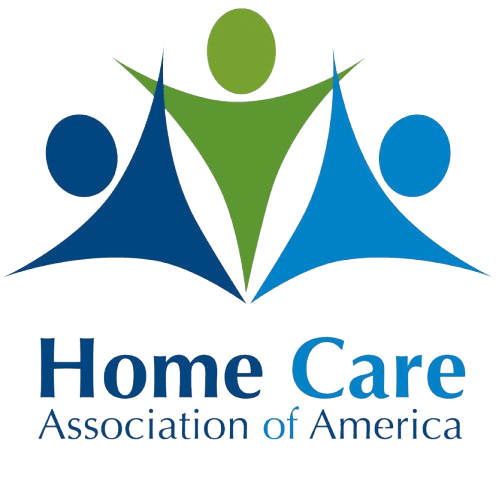Glaucoma is an eye disease that is one of the leading causes of blindness in older adults. Although the disease can happen at any age, it is most common in people who are aged 60 or older. If your aging relative has been diagnosed with the disease, learning about the disease is a good first step in helping them to manage it.
Glaucoma Overview
Glaucoma is actually a group of conditions, rather than just one disease. All of them affect the optic nerve, which is central to good vision. In many cases, a person with glaucoma may not even know it in the early stages. As a result, without regular eye exams, the senior may only discover they have the disease when it reaches later stages in which vision is affected.
Unfortunately, when a senior loses vision because of glaucoma, it cannot be regained. When the disease is diagnosed early, there are treatments that can slow the progress and sometimes even prevent vision loss. The disease isn’t curable, so it’s likely the older adult will require treatment for the remainder of their life.
Causes of Glaucoma
Glaucoma damages the optic nerve, but why that happens isn’t exactly known. Doctors do know that the damage is related to pressure in the eye. Sometimes fluid inside the eye builds up and causes an increase in eye pressure. In a healthy eye, the fluid drains through tissue located by the cornea and iris. However, sometimes they eye produces too much fluid or there is a problem with fluid drainage.
There are several risk factors that can increase an older adult’s chances of developing a form of glaucoma. Glaucoma risk factors include:
- High intraocular pressure.
- Being aged 60 or older.
- Being of Hispanic, black, or Asian descent.
- Family history of glaucoma.
- Certain medical conditions, including diabetes, high blood pressure, sickle cell anemia, and heart disease.
- Being very near- or farsighted.
- Having an eye injury.
- Some kinds of eye surgery.
- Long-term use of corticosteroids, particularly eye drops.
Glaucoma Symptoms
The symptoms of glaucoma vary depending on the type of glaucoma the senior has. Symptoms may include:
- Blind spots in peripheral or central vision.
- Tunnel vision.
- Severe headaches.
- Pain in the eyes.
- Blurry vision.
- Red eyes.
- Haloes around lights.
If your older family member is diagnosed with glaucoma, elderly care can assist them to continue living safely in their home. Poor vision can make it difficult for seniors to get out of the house to run errands or go to appointments. Elderly care can provide transportation to the places they need to go. In addition, an elderly care provider can accompany the older adult to help them walk safely in public, preventing dangerous falls or collisions. Elderly care providers can also help seniors to read their mail, email, magazines, newspapers, and books.
Sources
https://www.webmd.com/eye-health/glaucoma-eyes
https://www.mayoclinic.org/diseases-conditions/glaucoma/symptoms-causes/syc-20372839#:~:text=Glaucoma%20is%20a%20group%20of,over%20the%20age%20of%2060.
https://www.nei.nih.gov/learn-about-eye-health/eye-conditions-and-diseases/glaucoma
If you or an aging loved-one is considering elderly care in Modesto, CA, please contact the caring staff at Provident Care Home Care today at (209) 578-1210.
- The Benefits of Home Care Assistance for Seniors Aging in Place - April 11, 2025
- Managing Diabetes in Seniors: How Personal Care at Home Makes a Difference - April 4, 2025
- Understanding Parkinson’s Disease and How Home Care Assistance Can Help - March 28, 2025



